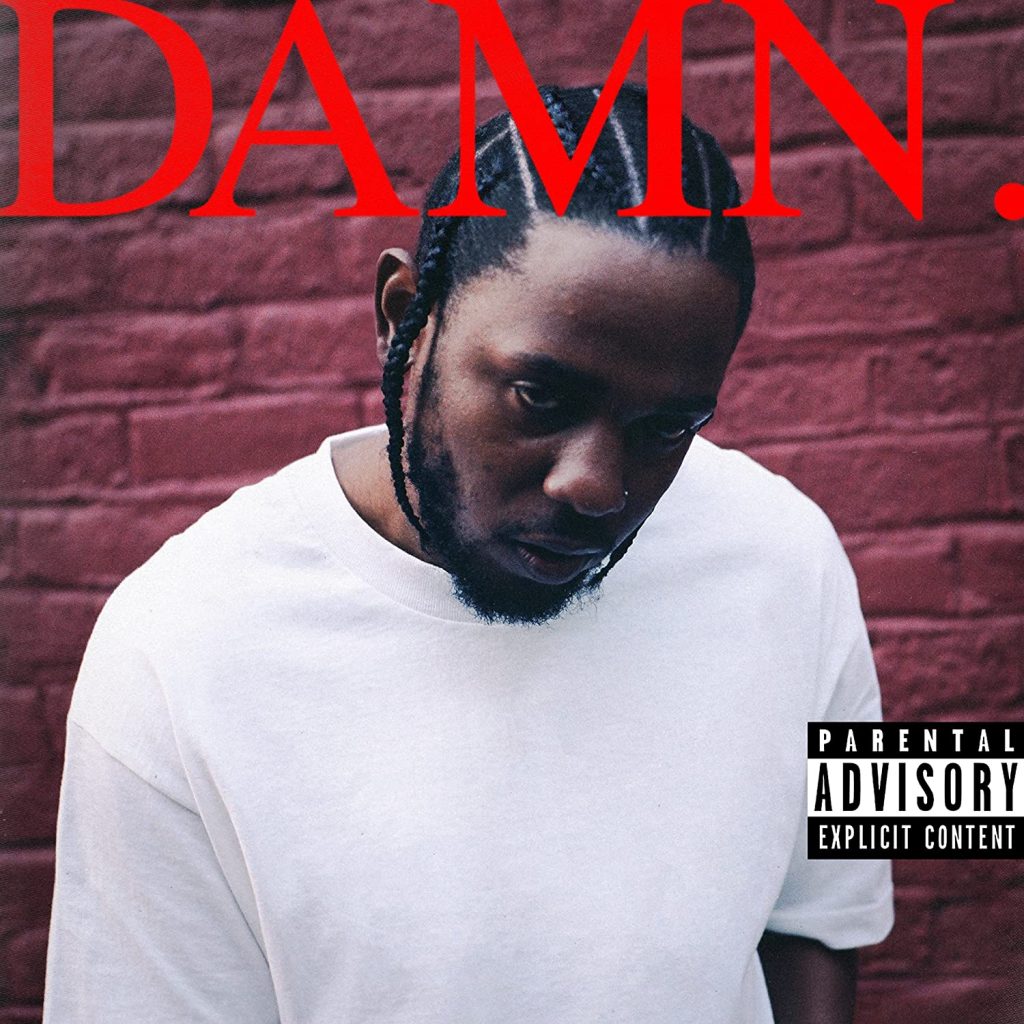Kendrick Lamar
Damn
Production – Various
Top Dawg Entertainment / Aftermath / Interscope Records
In Kendrick Lamar’s song, “XXX”, from his latest album, DAMN, the artist creates a complex message that challenges systemic racism while conveying the idea that “America is not good to everyone” (Zaru). Kendrick touches on how those with power in America attempt to subliminally trap African Americans in the impoverished and crime ridden neighborhoods they struggle to get out of. His main message in this song is that politicians and the media purposely portray African Americans negatively in order to justify their attempts to maintain white supremacy over black people. In doing so, they create their own myths of conquest.
The first myth that Kendrick addresses in his song is that African American youth in impoverished communities are inherently more vicious than those that don’t live in in them. Although crime is much higher in Impoverished communities, it isn’t because children were raised to become criminals. In his first verse, Kendrick says “Johnny don’t wanna go to school no more… Johnny said books ain’t cool no more…” The character “Johnny” that Kendrick uses represents African American youth as a whole. They begin with a desire to learn in order to pursue their aspirations but later become dissuaded because they are forced to believe that an education wont allow them to amount to anything. Kendrick goes on to say “Johnny wanna be a rapper like his big cousin/ [he] caught a body yesterday out hustling/ God bless America, you know we all love him.” Kendrick believes that the government is responsible for “[telling] Fox to be scared of us.” Most successful or popular African Americans that are portrayed in the media are either athletes, musical artists or criminals. Kendrick emphasizes how the media’s focus on these images of black people create the stigma that these are the only options for the future for black youth. The media takes advantage of the malleability of young people and use the chaos of their surroundings against them in order to prevent them from escaping, instead of helping them overcome their struggles.
The second myth that Kendrick exposes is that African Americans are the main product of their downfall. Kendrick counters this by boldly accusing politicians and claiming that “It’s nasty when you set us up/ Then roll the dice, then bet us up.” Kendrick’s argument may seem like a conspiracy but taking a look at situations like President Nixon’s “war on drugs” and its long-lasting negative effects on black people over the years, it might not be that much of a stretch. One of Nixon’s aides, John Ehrlichman, admitted that “The Nixon campaign had two enemies: the antiwar left and black people. We knew we couldn’t make it illegal to be either against the war or black, but by getting the public to associate the hippies with marijuana and blacks with heroin, and the criminalizing both heavily, we could disrupt those communities” (Drug Policy Alliance). This gave the government the authority to incarcerate, vilify and racially profile black people legally all while claiming to exact justice. In the 16ththe Spanish traveled to the Americas, conquered the Inca empire, and then manipulated them in order to receive financial gain. The Spanish justified their actions by telling stories of how their empire was divinely authorized to inhabit that land and “help” the inhabitants through ministry and empirical rule. Similarly, the American government creates a façade in which they try to convince the general population that they are creating solutions to a problem that threatens the well-being of the nation when in reality they attack an already broken community for financial gain.
News about drug abuse, violence and other criminal acts that take place within impoverished black communities come from the lens and perspective of those that have never been there. Kendrick offers listeners a different perspective and works to give a better understanding of these situations from the point of view of the victims. In doing so, he exposes the governmental flaws that have kept black people from overcoming poverty, incarceration and violence within their own community. Kendrick also offers hope to those that listen by inspiring them to persevere despite having all odds stacked against them. Conscious artists like Kendrick Lamar give hope to a suffering community. Without leaders like Kendrick, the black people stuck in poor, crime ridden neighborhoods would lose all hope and eventually give up trying to overcome their situation, similar to the Inca people after the death of the last Tupac Amaru
-XRose

